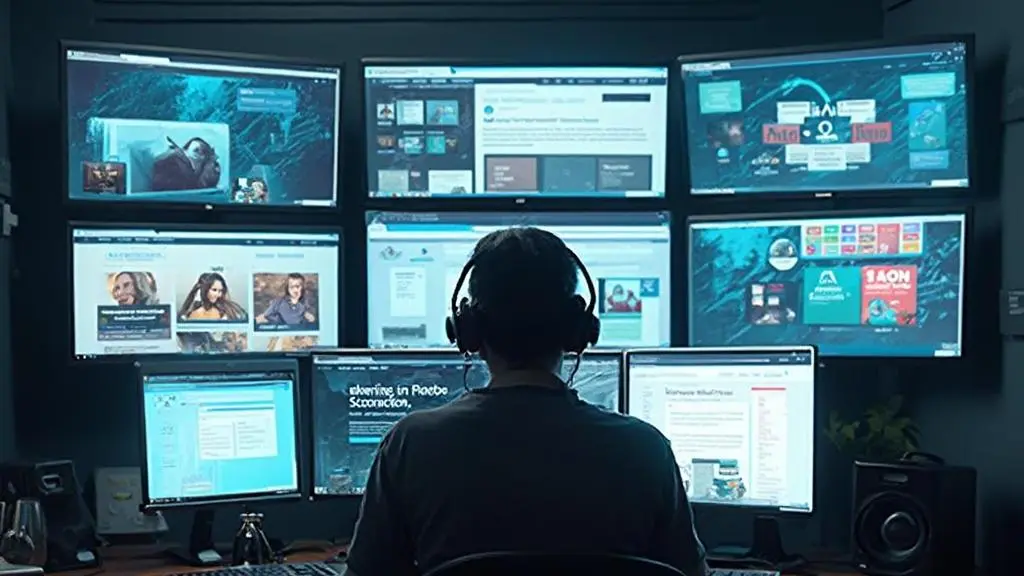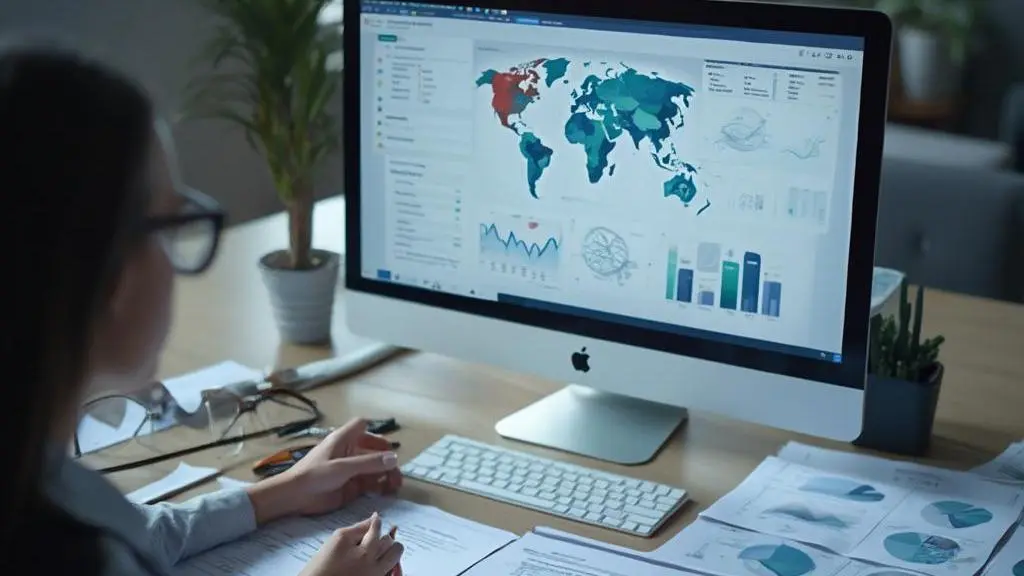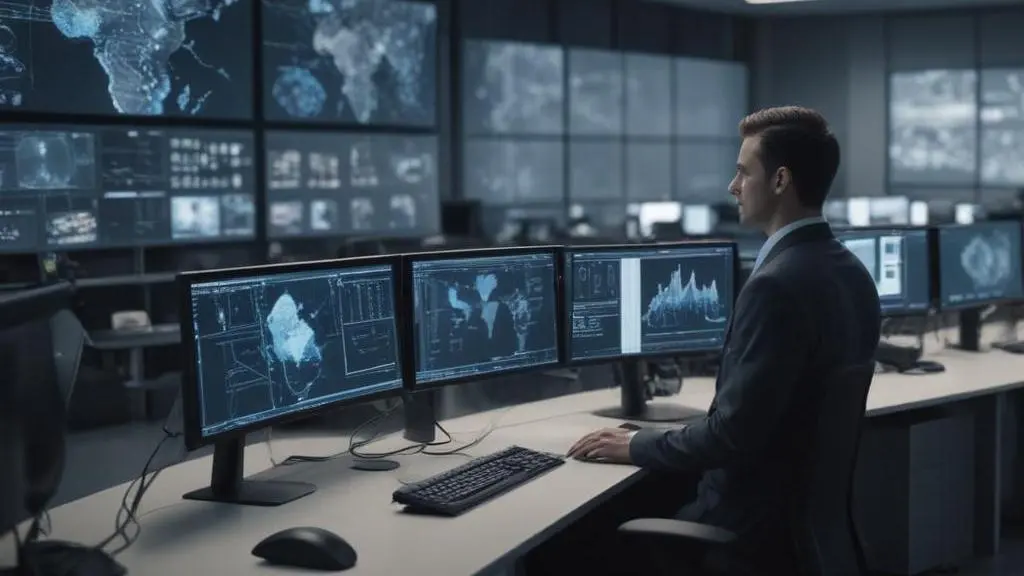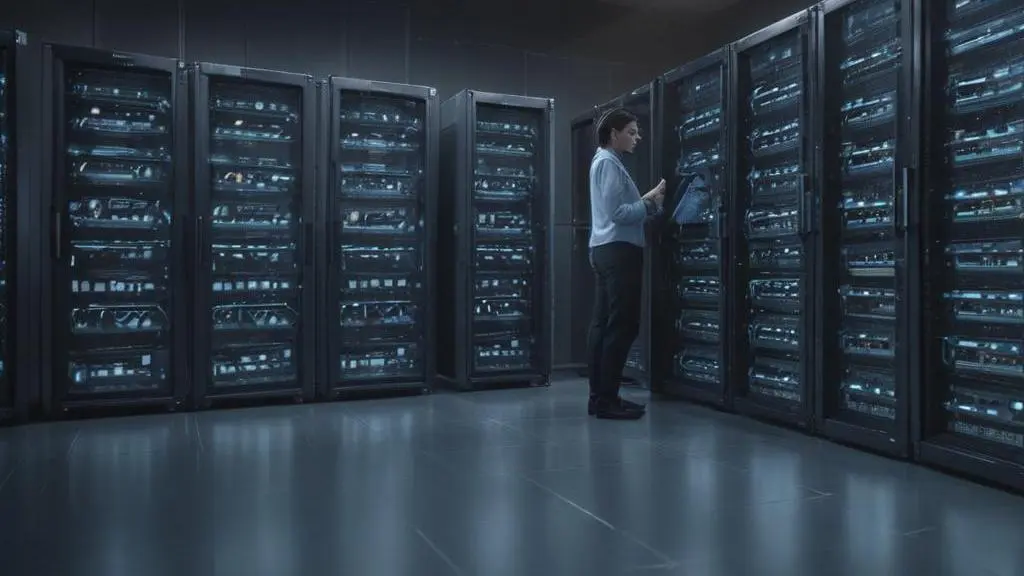The global political scenerio is increasingly complex, with interconnected issues affecting nations worldwide. From geopolitical tensions to economic shifts, understanding these dynamics is crucial for informed decision-making.
Geopolitical Tensions and Their Impact
Geopolitical tensions are a significant factor in the global political scenerio. From territorial disputes to ideological conflicts, these tensions shape international relations and influence national security policies. Understanding the root causes of these tensions is essential for predicting future conflicts and promoting peace.
Territorial Disputes: One of the primary sources of geopolitical tension is territorial disputes. These conflicts often arise from historical claims, resource competition, or strategic locations. For instance, maritime disputes in the South China Sea involve several nations claiming sovereignty over islands and waters rich in natural resources.
Ideological Conflicts: Ideological differences also fuel geopolitical tensions. Nations with contrasting political systems or values may clash over issues like human rights, democracy, or economic models. These conflicts can escalate into proxy wars or diplomatic standoffs. Cybersecurity threats, such as those discussed in vulnerability exploitation, add another layer of complexity to these tensions.
Economic and Trade Disputes: Economic interests are intrinsically linked to geopolitical tensions. Trade wars, tariffs, and economic sanctions are tools used by nations to exert pressure. These economic maneuvers can have widespread impacts, affecting global supply chains and financial markets. The interplay between economic and political strategies is crucial in understanding the broader political landscape, setting the stage for the next chapter on economic shifts and global politics.
Economic Shifts and Global Politics
Economic shifts play a crucial role in the global political scenario. Changes in trade policies, financial markets, and economic alliances can have far-reaching effects on international relations. Analyzing these economic trends helps in understanding the broader political landscape and the interdependencies between nations.
Trade policies are a significant factor in global economics. Bilateral and multilateral trade agreements can either foster cooperation or lead to disputes. For instance, alterations in tariffs and import-export regulations can affect the economic stability of nations, influencing their political stances. The interconnectedness of financial markets means that fluctuations in one region can ripple through the global economy, affecting political decisions worldwide. Economic alliances, such as trade blocs, also shape international relations by creating interdependent economic zones.
Cybersecurity threats, such as those discussed in vulnerability exploitation, further complicate the economic landscape. Nations must invest in cyber defenses, diverting resources that could be used for other economic initiatives. This adds another layer to international relations, as countries must collaborate to combat global cyber threats.
Understanding these economic shifts is vital for diplomatic efforts. Effective diplomacy can help mitigate the negative impacts of economic changes, fostering cooperation and mutual understanding. This sets the stage for the next chapter, which delves into the role of diplomacy in navigating complex international issues.
The Role of Diplomacy in International Relations
Diplomacy is a vital tool in managing the global political scenerio. Effective diplomatic efforts can mitigate conflicts, foster cooperation, and promote mutual understanding. Exploring the strategies and challenges of modern diplomacy provides insights into how nations navigate complex international issues.
Diplomacy involves various strategies, including bilateral and multilateral negotiations, cultural exchanges, and economic agreements. These efforts aim to build trust and foster mutual understanding. For instance, sports diplomacy can be a powerful tool for bridging cultural divides and promoting peace.
Modern diplomacy faces numerous challenges. Technological advancements, such as cybersecurity threats, add new layers of complexity. Ensuring cybersecurity has become a critical aspect of diplomatic relations. Nations must collaborate to address these vulnerabilities, as seen in efforts to mitigate cybersecurity threats. Additionally, diplomats must navigate a landscape shaped by economic shifts and emerging global challenges.
Diplomacy is crucial for addressing these issues effectively. By understanding and leveraging diplomatic tools, nations can better manage international relations and prepare for the future of global politics.
Navigating the Future of Global Politics
The future of global politics is shaped by ongoing trends and emerging challenges. Staying informed about these developments is crucial for individuals and organizations alike. By understanding the global political scenario, you can make informed decisions and prepare for upcoming changes.
One significant trend is the rise of cyber threats, which are increasingly being used as tools of political influence and disruption. For instance, the exploitation of vulnerabilities in critical systems can have far-reaching consequences, as seen in the exploitation of Veracore vulnerabilities. This underscores the need for robust cybersecurity measures to safeguard national interests.
Additionally, the digital revolution has amplified the impact of misinformation and disinformation campaigns. These campaigns can sway public opinion and influence political outcomes, making it essential to develop strategies for mitigating their effects. Effective diplomacy, as discussed in the previous chapter, remains vital in addressing these challenges through international cooperation and shared norms.
Furthermore, the evolving geopolitical landscape is marked by shifting power dynamics and emerging economies. These changes necessitate a nuanced understanding of regional politics and the ability to adapt to new alliances and conflicts. Navigating this complex terrain requires a proactive approach to diplomacy and a deep understanding of cultural and historical contexts.
To stay updated and gain exclusive insights, join our community and access in-depth analysis and expert opinions.
Final words
The global political scenerio is a dynamic and ever-evolving landscape. By understanding geopolitical tensions, economic shifts, and the role of diplomacy, individuals and organizations can navigate these complexities more effectively. Staying informed and engaged is key to making informed decisions and preparing for the future.









Leave a Reply